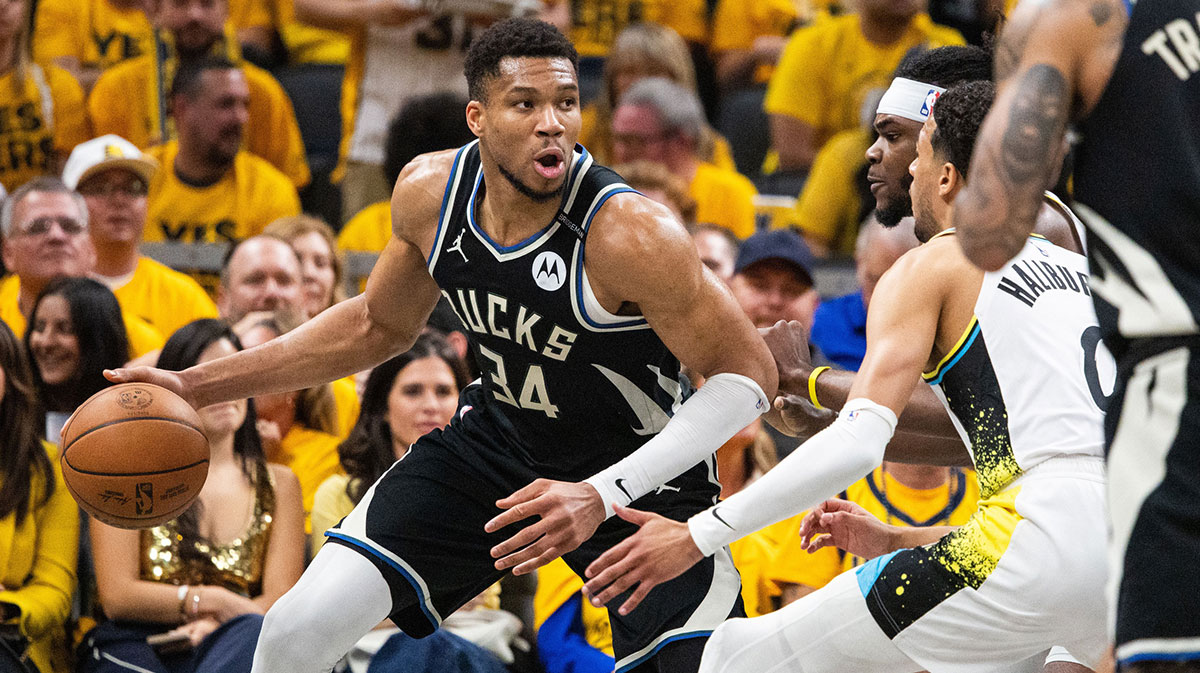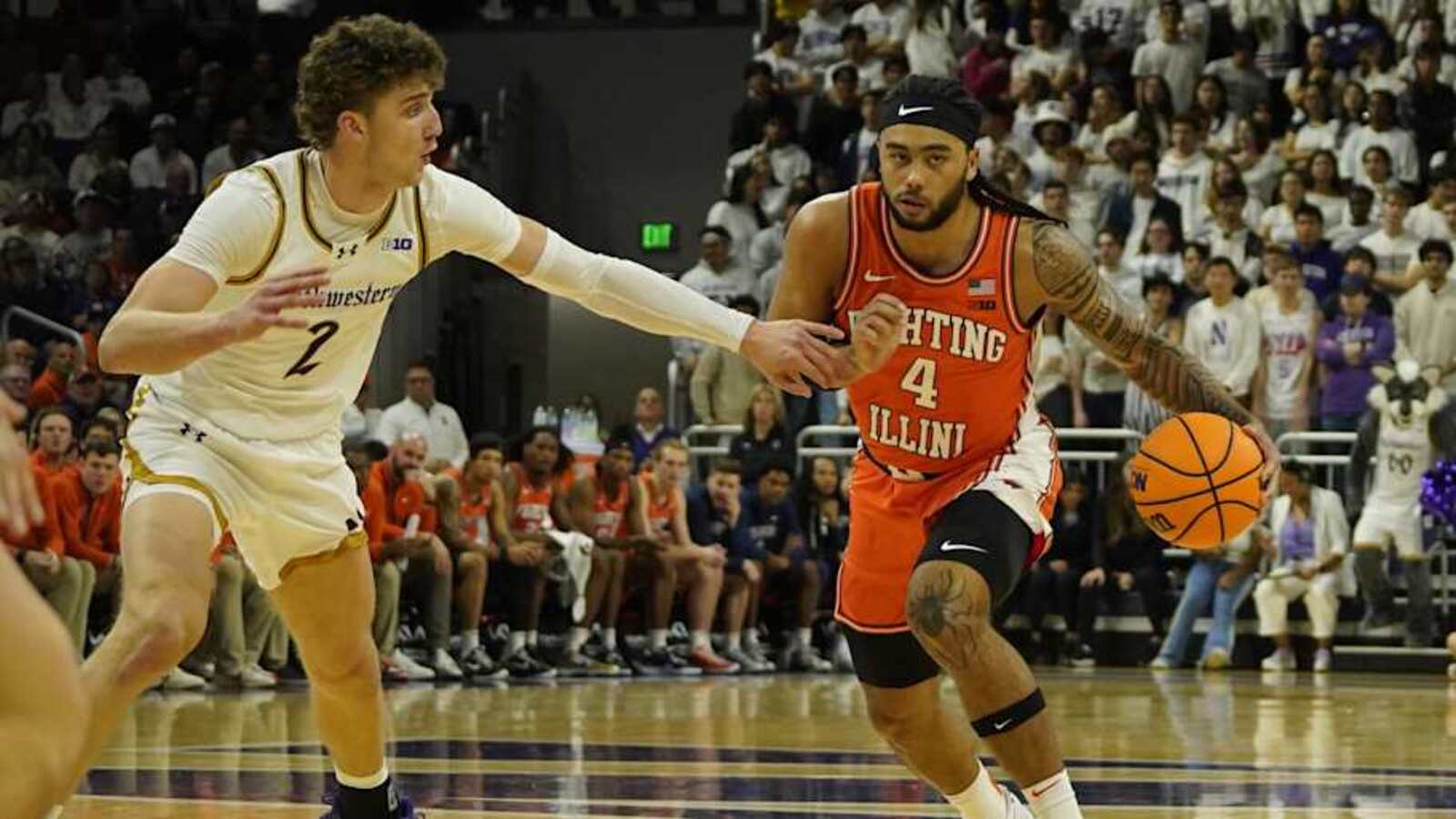Bangladesh cannot assume India's northeast is a captive market
May 18, 2025 09:42 PM IST
Bangladesh cannot assume India’s northeastern states are a captive market for its exports while denying the region market access, people familiar with the matter said on Sunday after New Delhi imposed restrictions on imports of ready-made garments and other goods from the neighbouring country.

India on Saturday restricted imports of ready-made garments (RMG) from Bangladesh only to Kolkata and Nhava Sheva ports and barred imports of a range of consumer goods through 13 land border posts in the northeast and West Bengal in response to restrictions adopted by Dhaka. The move on RMG is expected to have a significant impact on Bangladesh as its annual exports of these items to India are worth about $700 million.
“Bangladesh needs to realise that it cannot cherry pick terms of bilateral trade solely for its benefit, or assume the northeastern states are a captive market for its exports, while denying the region market access and transit,” one of the people cited above said on condition of anonymity.
The land port restrictions imposed by India on select exports from Bangladesh to the northeast through a notification issued by the Directorate General of Foreign Trade on Saturday is expected to restore equality in the relationship, the people said. While India had so far allowed all exports from Bangladesh without restrictions, transit and market access to the northeastern states had been restricted by the Bangladeshi side, they said.
The latest measure by India “restores equal market access for both countries”, especially since Bangladesh has been seeking equality in engagement with India, the person said.
RMG imports from Bangladesh were restricted to the two sea ports of Kolkata and Nhava Sheva, Mumbai, as a response to Bangladesh imposing similar trade restrictions on Indian yarn and rice, and selectively enhancing inspection of all Indian exports, the people said. The trade relationship with Bangladesh will be on reciprocal terms, they added.
In the context of Bangladesh interim government chief Muhammad Yunus playing up the landlocked status of the northeastern states during a visit to China last month, the people noted that Prime Minister Narendra Modi had emphasised that these seven states are integral to the Bimstec grouping. The equal market space now available in the resource-rich northeastern states is expected to give a fillip to manufacturing and entrepreneurship in the region under “Atmanirbhar Bharat” schemes and policies, they said.
Meanwhile, Bangladesh’s de facto commerce minister Sheikh Bashir Uddin told reporters in Dhaka on Sunday that trade with India will continue in the interest of consumers and businesses of both countries.
“We have not yet received any official communication from the Indian side. Once we do, we will take appropriate steps. If any issues arise, both sides will work to resolve them through discussions,” he said, referring to India’s restrictions on imports from Bangladesh.
Bashir Uddin said the Bangladeshi side had only learnt about the matter from social media and media reports.
“Not everything we export is affected. A large portion of our exports comes from the garment sector. Our main focus remains on achieving competitiveness. Trade is beneficial to both countries. India has a strong textile industry, yet they import our products based on our capabilities,” he said.
He expressed optimism that trade with India will continue as it is in the interest of consumers and producers on both sides.












